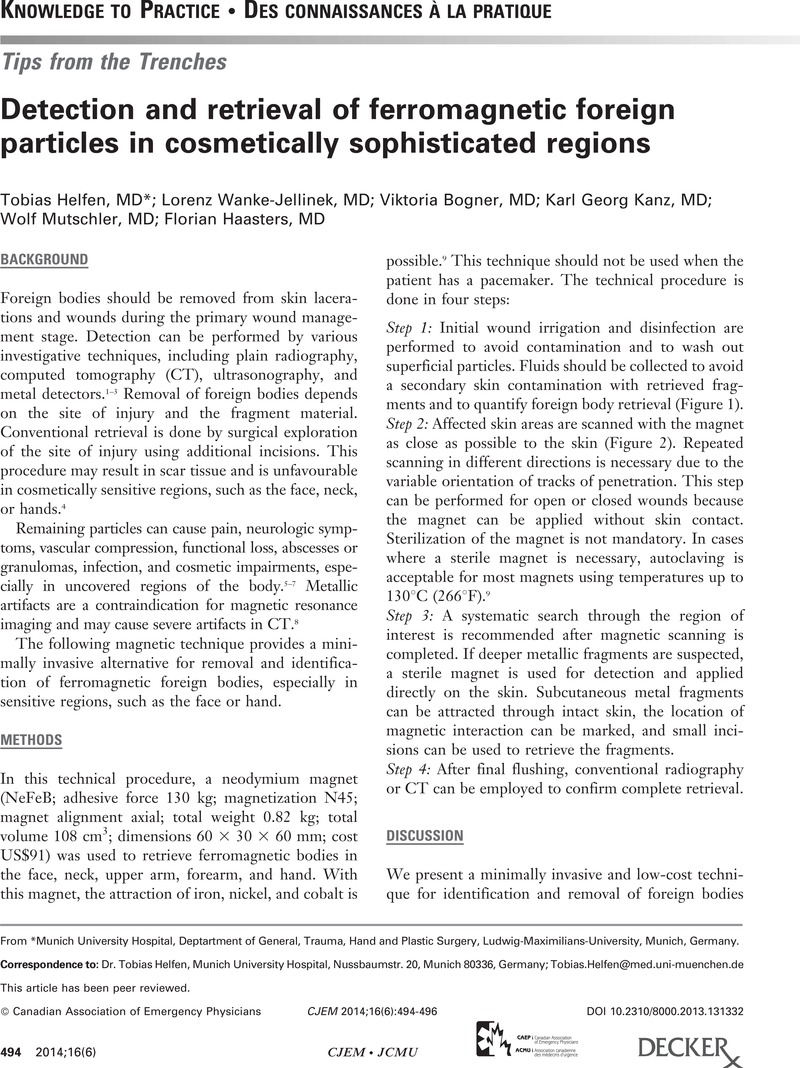Crossref Citations
This article has been cited by the following publications. This list is generated based on data provided by Crossref.
Zhang, Honghui
Zheng, Xiang
Ma, Tianyue
and
Liu, Xianming
2017.
Development and experiment on an iron content monitor for the rapid detection of ferromagnetic wear particle in lubricating oil.
Advances in Mechanical Engineering,
Vol. 9,
Issue. 6,
p.
168781401770713.



